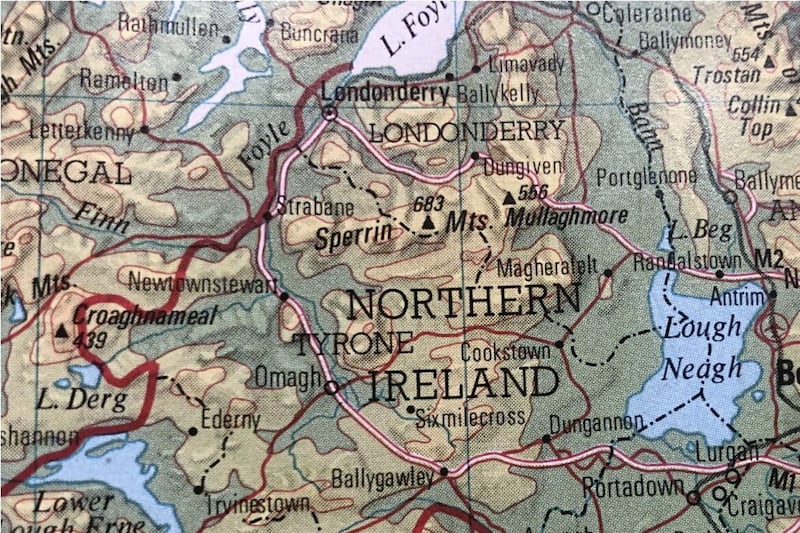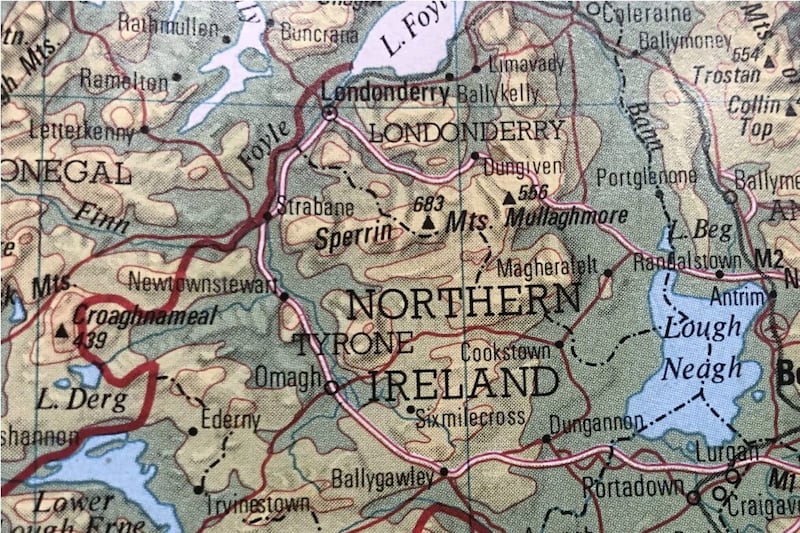Entertainment
Partition 100 years on: The luck of Ulster's unionists
Amid the political manoeuvring and other forces that shaped partition a century ago, Cormac Moore argues that an under-explored theme is the extraordinary luck that Ulster unionists experienced from the time of the Third Home Rule crisis right up to the Boundary Commission decision of 1925






